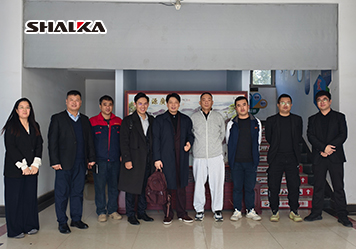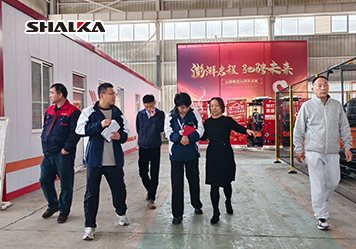The forklift truck also has many application advantages such as improving operational efficiency.
The automated operation and precise navigation of intelligent forklift trucks significantly improves the efficiency of warehousing operations. Traditional manually operated forklift trucks require operators to spend a lot of time and energy on handling and stacking, while intelligent forklift trucks are able to complete these tasks autonomously, reducing manpower investment and improving work efficiency.
Optimising space utilisation
In a warehouse, space utilisation is a key factor. Intelligent stacker trucks can accurately control the stacking height and position to maximise the use of warehouse space. Through intelligent path planning and high-precision positioning, intelligent stacker trucks can flexibly navigate through narrow warehouse aisles, further optimising space layout.
Improved Safety
The sensors and automatic obstacle avoidance system of intelligent forklift trucks significantly improve the safety of warehouse operations. Traditional forklift trucks are prone to collisions and accidents during operation, while intelligent forklift trucks are able to monitor the surrounding environment in real time and automatically avoid obstacles, reducing the risk of accidents and ensuring the safety of personnel and goods.
Integration with Internet of Things and Big Data
The application of Internet of Things technology enables the intelligent forklift truck to interconnect with other equipment and systems in the warehouse. Through big data analysis, intelligent forklift trucks can achieve comprehensive monitoring and optimisation of warehouse operations and improve overall operational efficiency. In the future, intelligent forklift trucks will become an important part of the IoT ecosystem, promoting the intelligent upgrading of warehouse management.
Intelligent forklift trucks, as a multi-functional and efficient device, are gradually becoming the core tool for future warehouse management.



